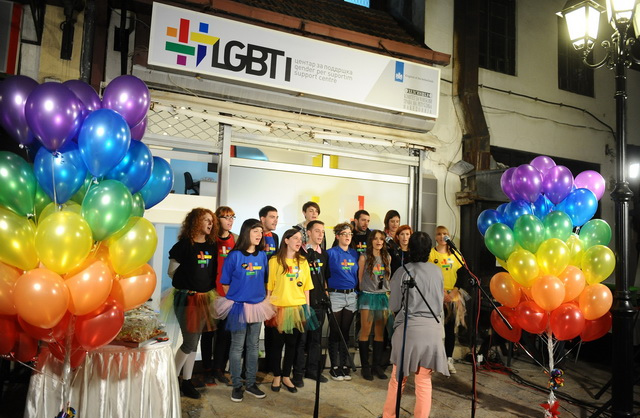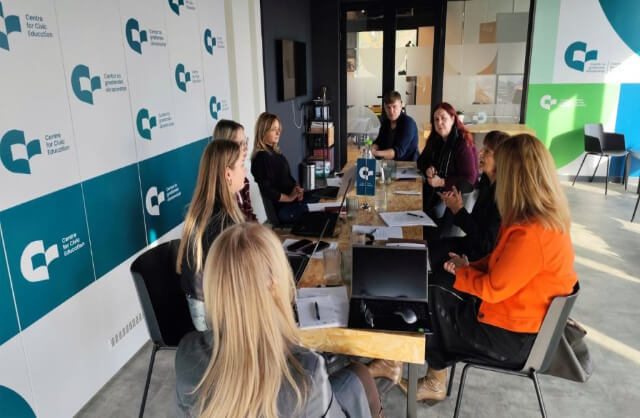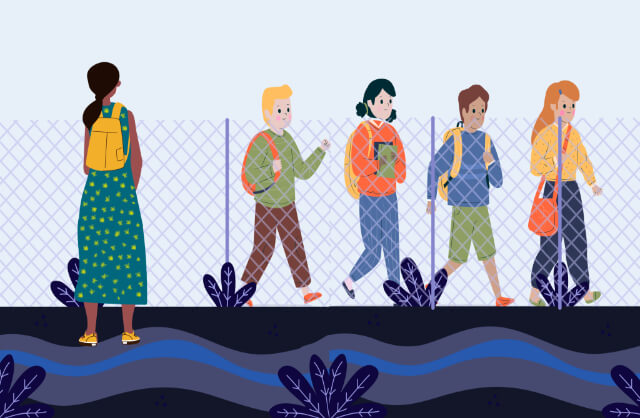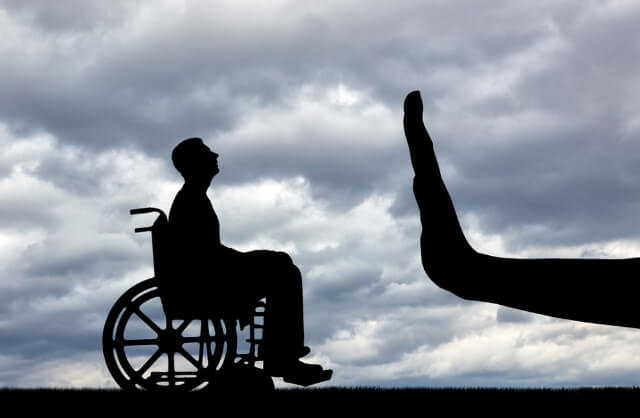Support center for the LGBTI community in Macedonia
October 22, 2012

The Helsinki Committee for Human Rights of the Republic of Macedonia on its 18th anniversary with the support of the Dutch Embassy in Macedonia on 23.10.2012 opened the first Support Center for the LGBTI Community.
The main purpose of the LGBTI Support Center will be representing the LGBTI community but also it will be dedicated to organizing self-help groups and will offer help to the rest of the formal and informal associations and organizations that work in the domain of human rights.
“The idea for this Center lies on the concept on which through history were created and continue to be created all of the theories for human rights- equality. Its role will be through legal protection to provide the LGBTI people equal treatment before the law and justice, but also through conceptual and moral support to enable them to feel that equality in themselves” stated Uranija Pirovska, CEO of the Helsinki Committee for Human Rights.
Имено, оттука произлегува и мисијата на LGBTI Центарот, која покрај зајакнување на LGBTI заедницата за самозастапување, се заснова и на промена на социјалниот и правниот статус на овие групи луѓе во општеството.
Namely, from this follows the mission of the LGBTI Center, which besides strengthening the LGBTI community for self-representation, it is also based on changing the social and legal status of these groups of people in society.
“This is an essential project for the LGBTI people in Macedonia, on which I have been working for a couple of years and is now finally coming true. The recent events with accentuated institutional homophobia, followed by homophobia by some media, further emphasizes the need for this kind of Center, and the hatred which some impose artificially cannot be sustained in the long run. This is why I am deeply convinced in the success of the Center and achieving equality among all of the people that live here”, says Kocho Andonovski, program director of the LGBTI Support Center.
Actually, the activities of the LGBTI Center will result from the needs of the LGBTI community itself, as well as from the needs of their parents, families and friends, and it will strive to provide the freedom for expressing their differences.
I sincerely hope that this Center will have an influence on society as a whole and in finding the lost values – humanity, tolerance and peaceful cohabitation. We are thankful to the Dutch Embassy for recognizing this need and giving its unselfish support to this initiative”, emphasized Pirovska.
The Dutch ambassador Mariette Shurman in her speech expressed her optimism that this will be another turning point in the development of informed, organized and proactive citizens in their search for equal treatment and equal acceptance in society.
“Macedonia faces her own challenges in its fight for emancipation , so the opening of this center is an important step towards strengthening and protecting against discrimination of the LGBTI community in Macedonia, as well as promoting the spirit of tolerance and understanding among people with different sexual orientation”, stated Shurman.
At the official opening of the LGBTI Center a number of associations, public figures, representatives of institutions and NGOs which work on diversity and equality gave their support with their presence.
The LGBTI Support Center is located in the heart of the Old Bazaar at the address “Lazar Tanev” No 57 and it will operate every working day from 09 am to 09 pm.
About LGBTI
The term LGBT is an acronym which refers to lesbian, gay, bisexual и transgender people and the same is used for the first time in 1990s as substitute for the phrase “gay community” which was used until then.
The acronym immediately became the most used term for self-determination by the LGBT community and it was accepted by the majority of media and centers that dealt with sexuality and gender identity, above all in the USA and the rest of the countries from the English-speaking world.
The idea of the LGBT term is to emphasize the difference in “ sexual and gender culture” in people, and it refers to all of those which are non-heterosexual and identify with a different gender identity, which is neither male nor female.
Towards the end of the 90’s the people which identified themselves as “Intersex” (with atypical combinations of physical characteristics which distinguish females from males) wanted to be included in the LGBT community, so an “I” was added to the term.


